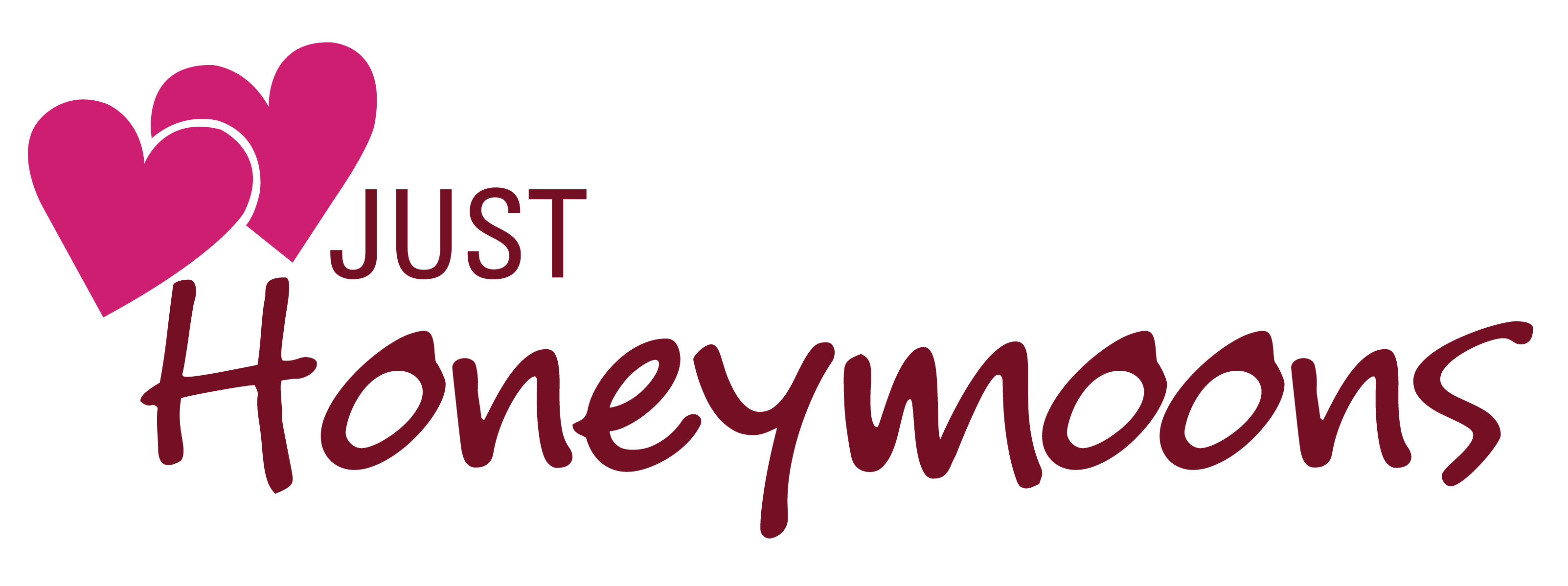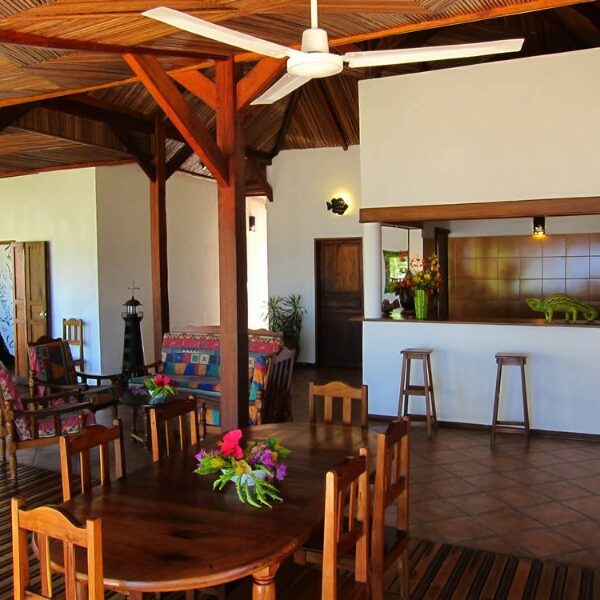Madagascar Honeymoon Packages
Filter Tours
Filter By Package Type
Filter By Star Rating
About Madagascar
A land unlike any other, Madagascar is an enticing destination for those who find its lack of modern conveniences, tourist infrastructure and efficient transport system an interesting proposition rather than a problem. Despite its volatile political situation, Madagascar continues to draw adventurers from all over the globe.
The fourth-largest island in the world, Madagascar is one of the most bio-diverse countries on earth, home to thousands of species of plant and animal life of which about 80 percent cannot be found anywhere else on the planet. Situated off the east coast of Africa, Madagascar is very different from its African neighbour, and its uniqueness in the world has led some to class it as the Eighth Continent.
Madagascar is world-famous for its lemurs, of which there are about 50 different types, ranging from the unusual to the utterly bizarre. Lemurs are endemic to the island and generally resemble a cross between a monkey and a squirrel; but lemurs are not the only curious creatures inhabiting this exotic realm.
Madagascar Basic Information
Electricity
Electrical current is 220 volts, 50Hz. Plugs are generally of the two-pin variety.
Language
Malagasy is the official language, but French is used in business and government and is widely spoken in the main cities in Madagascar. A few people involved in the tourism industry might be able to speak some English, but it is not widely spoken.
Money
The official currency is the Malagasy Ariary (MGA), which has been reintroduced to replace the Malagasy Franc. Coins and notes display both currencies, but newer notes display the Ariary more prominently than the Franc. One Ariary is equal to five Francs. Foreign currencies can be exchanged at banks and official bureaux de change, but the Ariary cannot be changed back into hard currency. Some banks will only accept US Dollars or Euros. ATMs are available in Antananarivo. Most major credit cards are starting to be accepted in top hotels and major travel agencies in the capital and other major towns, but have limited usage elsewhere.
Safety
The political situation in Madagascar is unstable, especially in central Antananarivo and the Ambohijatovo, Lac Anosy, Antaninarenina and Analakely areas. Violence is possible at any large gatherings and political or military installations. It is advised to travel with an established agency, and solo travellers should continually monitor the local media. Precautions against opportunistic crime, especially in the urban areas, should be taken. Pickpockets operate at the airport and in crowded areas such as markets. Travellers should carry a photocopy of their passport at all times. At night, avoid walking around city centres and road travel outside urban areas as there have been occasional hold-ups on the main routes. The height of the cyclone season is from January to March and affects the coastal regions. Piracy is a significant concern in the Gulf of Aden and Indian Ocean, and there have been several attacks against private vessels and kidnappings.
Madagascar Travel Specifics
Health
Malaria is a risk throughout the year and the risk of infection is highest in coastal areas; visitors should take appropriate measures to avoid contracting the disease. All travellers coming from a country with yellow fever risk are required to prove they have been vaccinated against the disease to enter Madagascar. Vaccinations are also recommended for hepatitis A, hepatitis B, typhoid and influenza, and those at risk of animal bites should also consider a rabies vaccination. Tap water should not be drunk unless it has been boiled or chemically treated.
Medical facilities are severely limited in Madagascar, and outside of the capital medical care may be difficult to find. Limited French medications are available in Tana; however, it is advisable to bring along a medical kit for private use. If you require specific prescription medications it is best to bring them with you, in their original packaging, along with a signed and dated letter from your doctor stating what they are and why they are needed. Comprehensive medical insurance is advised.
Duty free
Visitors may bring 500 cigarettes or 25 cigars or 500g tobacco, as well as one bottle of alcohol into the country without incurring import duty.
Entry requirements
US citizens must have a passport that is valid for at least six months beyond the date of their arrival in Madagascar. A 90-day visa can be obtained on arrival.
British citizens must have a passport that is valid for at least six months beyond the date of their arrival in Madagascar. A 90-day visa can be obtained on arrival.
Canadian citizens must have a passport that is valid for at least six months beyond the date of their arrival in Madagascar. A 90-day visa can be obtained on arrival.
Australians must have a passport that is valid for at least six months beyond the date of their arrival in Madagascar. A 90-day visa can be obtained on arrival.
South African citizens must have a passport that is valid for at least six months beyond the date of their arrival in Madagascar. A 90-day visa can be obtained on arrival.
Irish citizens must have a passport that is valid for at least six months beyond the date of their arrival in Madagascar. A 90-day visa can be obtained on arrival.
New Zealand citizens must have a passport that is valid for at least six months beyond the date of their arrival in Madagascar. A 90-day visa can be obtained on arrival.
Passport & Visa
Foreign visitors to Madagascar of most nationalities can obtain a tourist visa on arrival, provided they have at least one blank page in their passport reserved for the Immigration Authorities of Madagascar, and return/onward flight tickets. Tourist visas are valid for a maximum of 90 days and cost around MGA 200,000 (or equivalent in USD or EUR). Shorter stays cost less. A yellow fever vaccination certificate is required to enter Madagascar, if arriving within six days of leaving or transiting through an infected area. NOTE: It is highly recommended that your passport has at least six months validity remaining after your intended date of departure from your travel destination. Immigration officials often apply different rules to those stated by travel agents and official sources.
Climate in Madagascar
Generally the climate of Madagascar is subtropical, with a hot and rainy season between November and April, and a cooler dry season from May to October. However, there is a big variation in climate depending on altitude and geographical position within the country. Travellers should be sure to check up on the climate of the particular region they are visiting. For instance, the west coast is drier than the east coast and the central highlands, while the far south and southwest is a semi-desert region that experiences very little rainfall. The east coast receives the most rain and is hot and humid during the wet season, and also prone to cyclones between February and March. Temperatures are much cooler in the highlands. Antananarivo has a pleasant, temperate climate. Along the coast temperatures range from 81°F to 90°F (27°C to 32°C) in the wet season, and 64°F to 72°F (18°C to 22°C) in the dry season. The cooler and drier months between May and October are generally the most pleasant time to travel to Madagascar.
Madagascar Customs & More
Local customs
Do not photograph military or police establishments while in Madagascar. Identification should be carried at all times by visitors. In rural areas, locals may abide by a number of taboos called fady, which should be respected by visitors at all times.
Communications
The international dialling code for Madagascar is +261. The outgoing code is 00 followed by the relevant country code (e.g. 0027 for South Africa). To make an international call to Madagascar, the dialling code of 261 must be followed by a two-digit operator code (e.g. 34 for TELMA, the most reliable), then the regional code (e.g. 22 for Antananarivo) and then the five-digit number. A GSM 900 network is in use, covering major cities and main roads, and some operators have also introduced 3G networks. Public internet access exists in large cities.
Madagascar Airport
Nosy Be Airport (NOS)
Location
The Fascene Airport is located 11 miles (18km) from Hell-ville (Andoany).
Getting to the city
There are taxis available at the airport to take you to your destination. Some hotels offer shuttles, but these should be arranged in advance.
Time
GMT +3
Airport Taxis
Taxis are available outside the airport terminal.
Facilities
Facilities are very limited at this small airport.
Parking
There is parking available at the airport.
Antananarivo Airport (TNR)
Location
The airport is situated 10 miles (16km) from Antananarivo.
Getting to the city
Private taxis are available but are known to be expensive; shared minibuses are also available but are often packed to capacity and uncomfortable. A shuttle bus provides a service to hotels in the city centre and is considered the safest and most affordable option. It is recommended to book this in advance.
Time
Local time is GMT +3
Car rental
A number of car rental companies are represented at the airport, including Sixt, Hertz, and Avis.
Airport Taxis
Taxis are available.
Transfer between terminals
The Domestic and International Terminals are connected and may be reached on foot.
Facilities
Facilities include a bureau de change, a restaurant, shops, and lounges.
Parking
Parking is available directly outside the terminal building.
Madagascar & Nosy Be Attractions
Boasting miles of verdant landscape with pretty beaches, wild and beautiful rainforests, and scenic towns and ports, Madagascar offers some lovely attractions for those who choose to visit this inspiring and unique land. With a number of reserves and national parks boasting a variety of magical wildlife, including the famous lemurs, Madagascar’s unique creatures and botanicals have earned the island the title ‘the eighth continent’ and visitors will be enchanted by the beauty of this mysterious land. Madagascar is not easy to get around and sightseeing can be challenging as a result, but with a little effort travellers can reap exciting rewards.
Head to the town on Antsirabe to view the volcanic lakes of Andraikiba and Tritriva, or relax in the therapeutic thermal baths; visit Ile Sante Marie for some of the best whale watching opportunities, to wander through herb gardens and enjoy the scents of vanilla and lemongrass, or to take a spooky tour of the pirate cemetery; explore Toamasina to see some fantastic architectural wonders as well as the popular Jardin D’Essel and the Parc Ivoloina.
For active travellers, water sports abound off the island, including scuba diving, swimming, snorkelling and canoeing, to name a few; while landlubbers can enjoy the plentiful walks and hikes through the many reserves Madagascar offers, while viewing some of the most fascinating birds and animals on the planet.
Ratings and Reviews
Have you stayed in Madagascar and want to share your experience, we'd love to hear it and share it. Please reach out and tell us all about it.

Hi Polly / Edwina
Thank you so much for organising this wonderful trip.
This is exactly what we needed and cannot be compared to any other destination.
Nose Be Hotel was a lovely stay with one of the best views of the beach, excellent food and great service. I would definitely continue to use Webtours services in the future!
Happy Client


